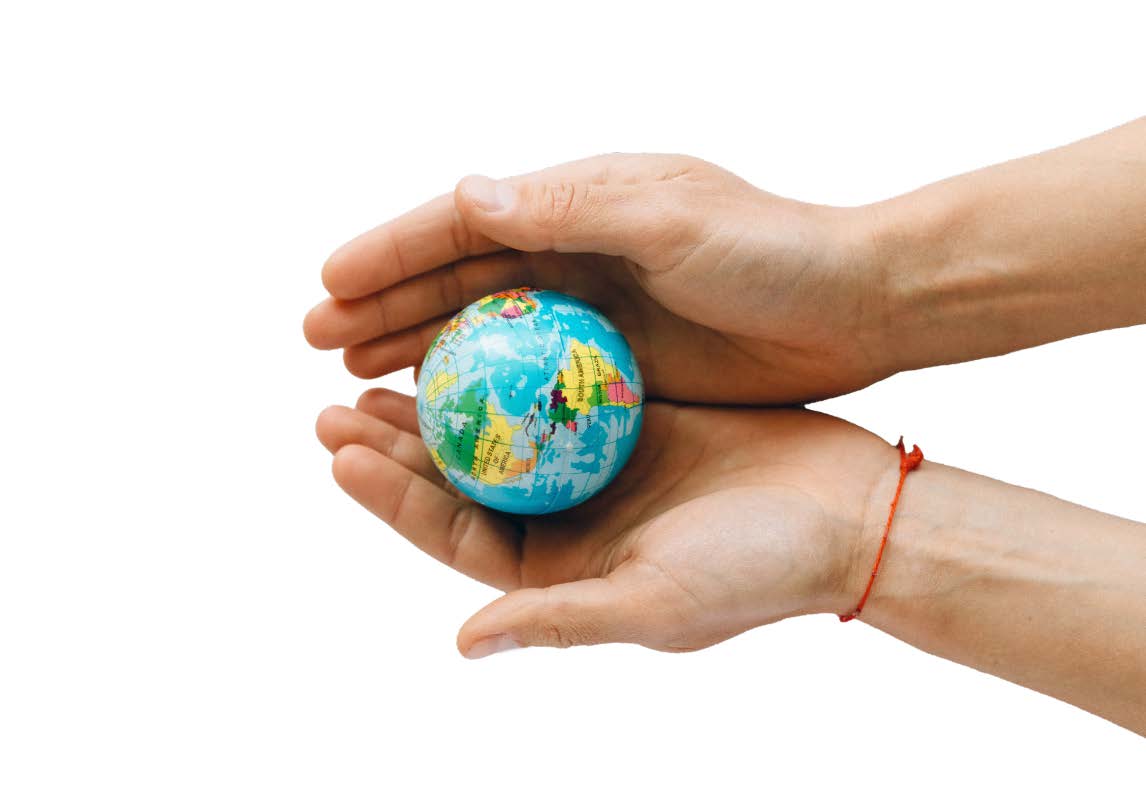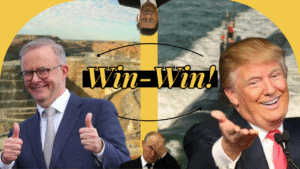Prioritizing individual freedom, libertarian economics advocates for a minimally regulated free market for sustainable growth; free trade, seen as vital for efficient resource allocation and global peace, fosters innovation and economic development in a decentralized system.
In our complex and ever-evolving modern world, understanding the philosophy of libertarian economics is increasingly important. Concepts such as individual freedom, free markets, and limited government intervention have a significant impact on the way we lead our daily lives, especially in the context of economics and politics.
Individual Freedom
When we talk about “freedom,” we refer to the individual’s right to pursue their happiness without excessive interference from the government or other entities. The philosophy of libertarian economics places this value above all else and considers it the foundation for a just and prosperous society. Furthermore, this perspective emphasizes the importance of minimally regulated free market as the engine for sustainable economic growth and innovation.
This perspective emphasizes that individual freedom is the highest value and the foundation of a just and prosperous society. In libertarian thinking, economic freedom is one of the most critical aspects of individual freedom because it allows individuals to make economic decisions that align with their own interests. This includes the right to start businesses, invest, and consume as they see fit.
In modern society, “freedom” plays many central roles in shaping communities that are democratic, innovative, inclusive, and respectful of human rights. The concept of freedom is one of the foundations of the values embraced in modern society, influencing cultural norms, policies, and social economic development.
However, in this modern era, discrimination and exploitation are frequently encountered, both directly and through social media, meaning that many people aren’t free to live the lives they choose and are reluctant to voice their opinions due to potential consequences, especially in oppressive regimes. Therefore, a solution is needed to address these issues, such as legal protection for victims of discrimination.
Free Trade
Free trade is an economic system where voluntary exchange and the laws of supply and demand serve as the sole foundation of the economic system, without government intervention. In a free market, buyers and sellers conduct their business without government regulations. Such a market is characterized by a spontaneous and decentralized order in which individuals make economic decisions based on information communicated by price signals emerging from private ownership of the means of production. In a free trade economy, business owners enjoy the freedom to innovate based on consumer needs.
Free trade is considered crucial as it enables efficient resource allocation and promotes economic growth. In the era of globalization, free trade has yielded several positive impacts, such as heightened competition leading to innovation and superior product offerings, as well as fostering economic growth and development in many countries. In addition, free trade is a critical foreign policy tool that promotes peace and cooperation, and it remains a pillar of the liberal international order. So, if we want to promote world peace, we must advance free trade not just within countries but between them.






